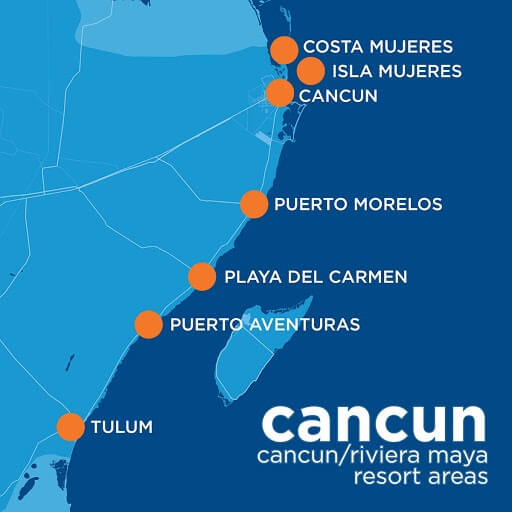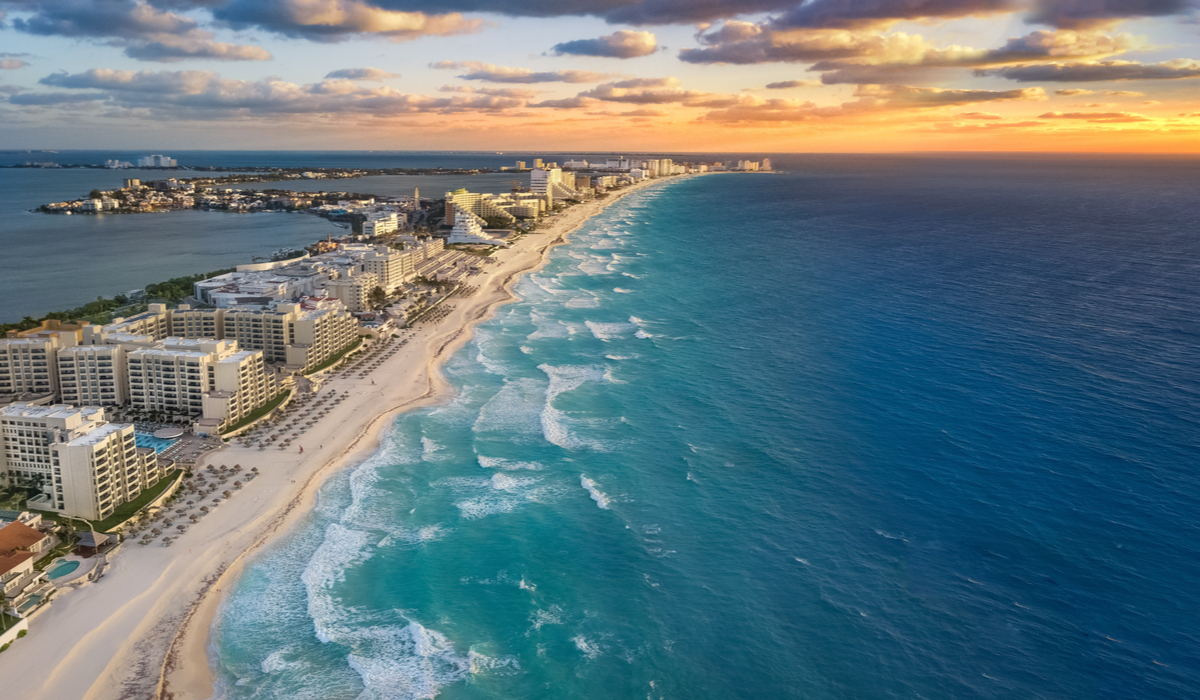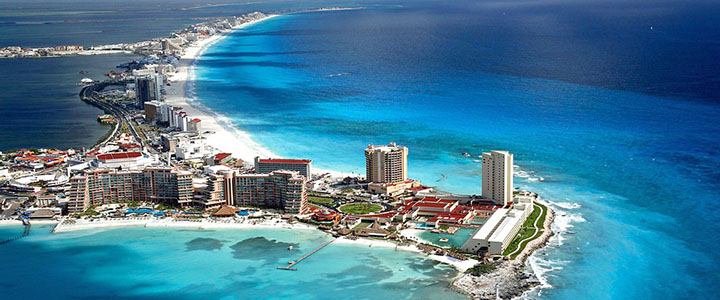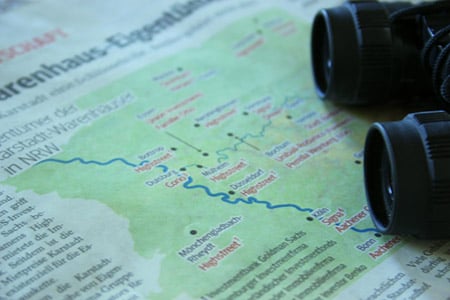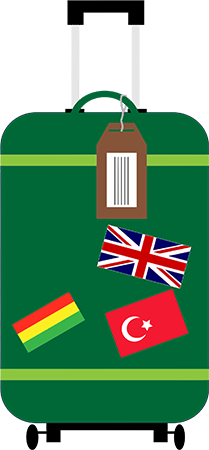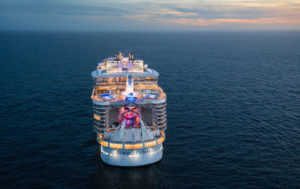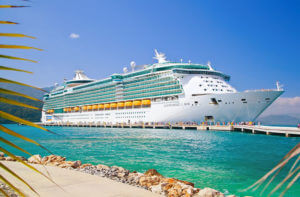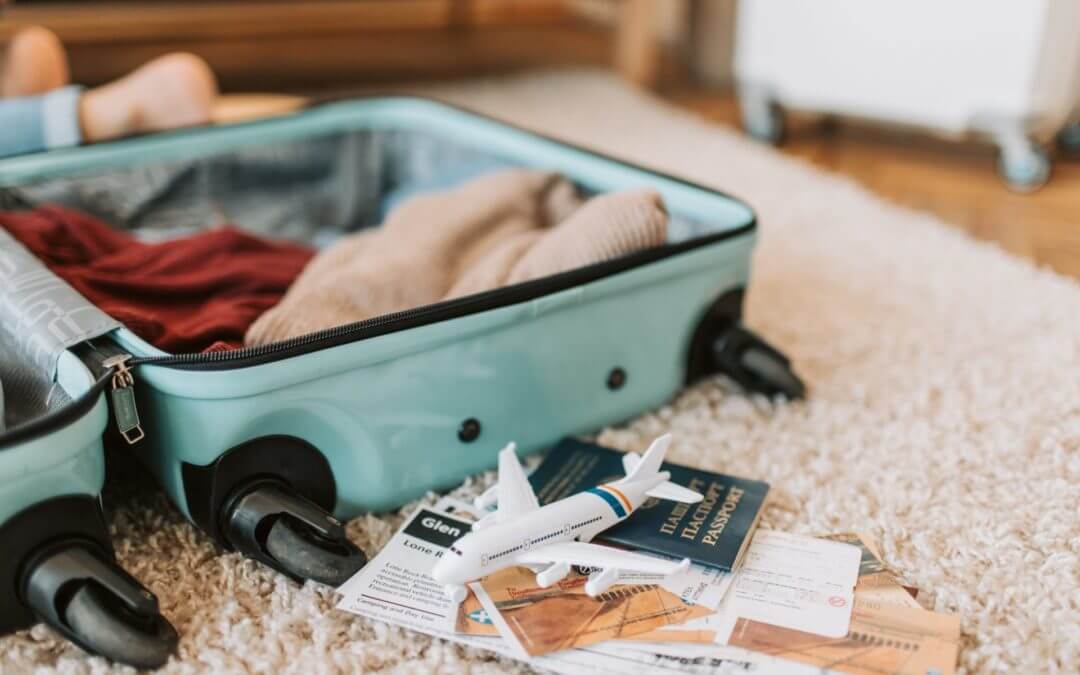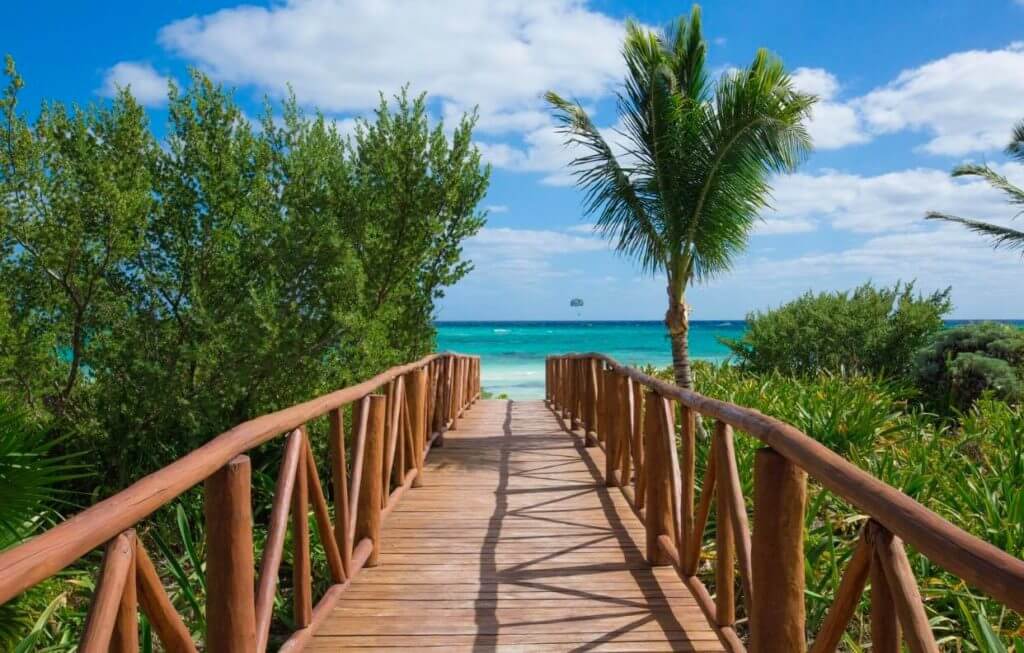
5 Reasons Why Travel Insurance Is a Must

5 Reasons Why Travel Insurance Is a Must
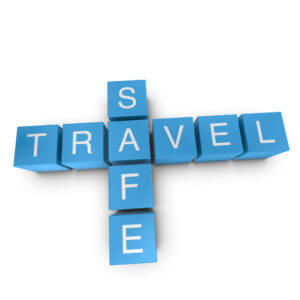
If you’re like us, here’s how you prepare for a big trip: You pack way too much, realize your suitcase won’t close, then start taking stuff out. The snorkel gear, the sarong, that second jacket… you don’t really need those. But there is one thing you definitely, absolutely need to pack: Travel insurance.
A lot of people weigh the additional expense and ask, “Is travel insurance worth it?” Most of the time, the answer is an all-caps YES. This is why.
Reason #1 travel insurance is a must: Most of us can’t afford to lose our vacation investment.
Let’s say you pay $7,000 for a once-in-a-lifetime luxury cruise around the Mediterranean for your 25th wedding anniversary. The day before sailing, your mother suffers a serious fall and ends up in the hospital. When you call the cruise line and explain what happened, they’re sympathetic — but you’re not getting your money back. Company policy clearly states that there are no refunds if you cancel within 14 days of departure.
Situations like these are why travel insurance is a must. When you have travel insurance with trip cancellation benefits, you can get reimbursement for prepaid, nonrefundable trip costs when you must cancel for a covered reason. Covered reasons can include situations like the covered serious illness or injury of the insured person, a travel companion or a family member; the death of the insured traveler, traveling companion or a family member; a natural disaster or other event that renders your destination uninhabitable; etc.
Reason #2 travel insurance is a must: Medical emergencies overseas can be really expensive.
Consider this scenario: On a driving tour through Argentina, a truck slams into your rental car, leaving you with a broken leg and other serious injuries. When you arrive at the hospital, you summon the strength to pull out your health insurance card. The staff just shake their heads. You’ll need to pay up front for treatment — and your medical bills rapidly climb into the tens of thousands. If you require medical evacuation, that cost can hit $200,000 or more, depending on the country you’re in and the proximity to the nearest hospital.
As the U.S. State Department notes, “many foreign medical facilities and providers require cash payment up front and do not accept U.S. insurance plans. Medicare does not provide coverage outside of the United States.”1
When you have travel insurance with emergency medical benefits, it can pay for losses due to covered medical and dental emergencies that occur during your trip. Emergency medical transportation benefits can pay for medically necessary transportation to the nearest appropriate medical facility, as well as the cost of getting you home following a covered injury or illness. The Allianz Global Assistance hotline staff may even be able to arrange payment in advance for covered emergency medical care. The upshot: When you’re wondering “is travel insurance worth it?”, weigh the small cost of buying insurance against the massive costs of a medical emergency overseas.
Reason #3 travel insurance is a must: You don’t want minor mishaps to ruin your trip.
A vacation is really an investment in your happiness. And when that vacation starts off with a canceled flight, a missed connection, a missing bag or another travel hiccup, that happy travel feeling fades.
Travel insurance can help make these situations better. Travel delay benefits can reimburse you for additional accommodation/travel expenses and lost prepaid expenses due to a covered departure delay of six or more hours. Baggage delay benefits can reimburse you for the reasonable additional purchase of essential items during your trip if a common carrier delayed or misdirected your baggage for 24 hours or more. Several more benefits address other common travel mishaps, so check your plan to see what’s included.
Reason #4 travel insurance is a must: The U.S. Department of State says so!
What’s the first thing you should do when you experience an emergency overseas? Most American travelers call the local U.S. embassy for help — but they often disappoint those travelers to discover that embassy staff’s powers are limited. They can help you replace a stolen passport; contact family or friends in the U.S.; find medical care or legal assistance; communicate with local police; and connect you with various resources. But an embassy cannot pay for your medical care, provide emergency transportation (except during rare, major catastrophes), or otherwise take care of any financial losses you suffer while traveling.2
That’s why the State Department advises American travelers to carry travel insurance — specifically, travel insurance that includes emergency medical benefits, emergency medical transportation benefits, and coverage for other unexpected expenses, like trip cancellation and lost or stolen luggage.
Reason #5 travel insurance is a must: It’s easy to find affordable travel insurance.
Cost is probably the number one reason people don’t buy travel insurance. We understand! If you’re already paying thousands for a long-awaited cruise or resort vacation, it’s tough to spend even a little more on insurance.
Here’s something a lot of people don’t know: Insurance can be really affordable. When you get a quote for travel insurance, we’ll present you with multiple coverage options, so you can pick the best one for your trip and your budget. Our least expensive plan, OneTrip Cancellation Plus (formerly the Essential Plan), offers three key protections — trip cancellation, trip interruption and trip delay benefits. If you know you’ll be taking more than two trips this year, your most cost-effective travel insurance option may be an AllTrips plan, which protects all your travel in a 365-day period.
The best way to find a low-cost travel insurance plan is to get a quote for your next trip and then compare plans. Remember: If you’re not completely satisfied, you have 10 days (or more, depending on your state of residence) to request a refund, provided you haven’t started your trip or initiated a claim. Premiums are non-refundable after this period.















